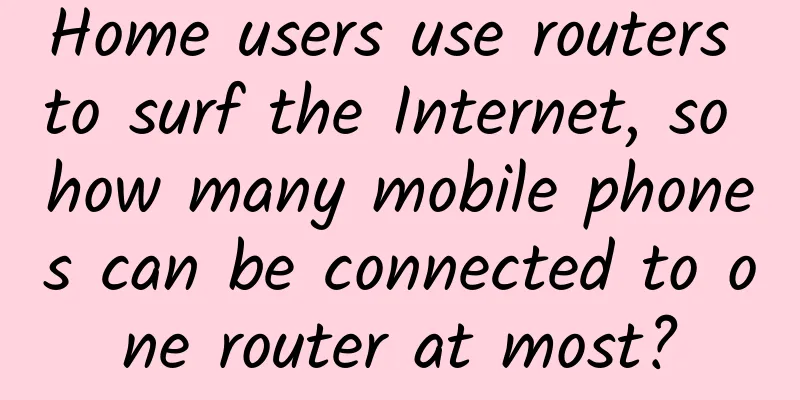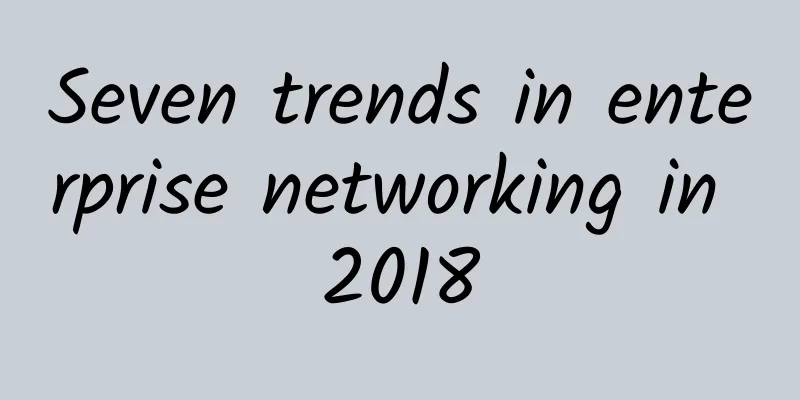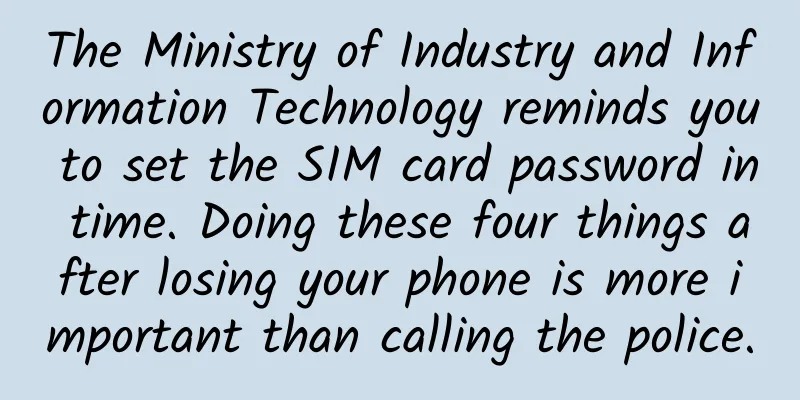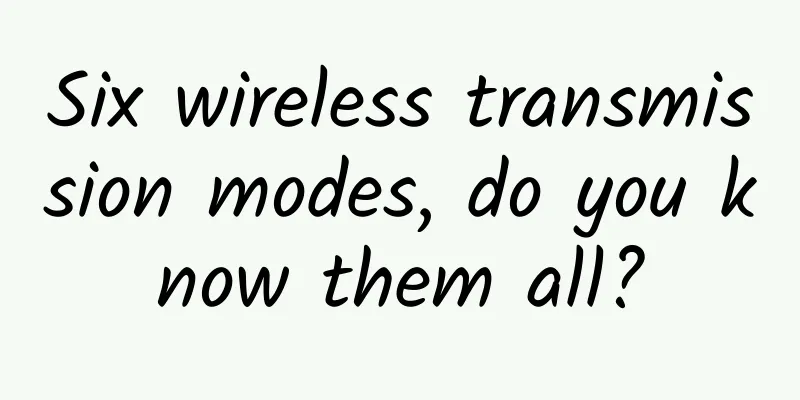Verizon achieves 711 Mbps 5G upload speed

|
Verizon said it achieved upload speeds of 711 Mbps in a trial of 5G technology. While the carrier has seen 5G download speeds exceeding 1 Gbps, achieving faster speeds on the uplink is more challenging. Verizon noted in its trial announcement that once commercialized, the technology would "pave the way for uploading videos, pictures and data to the cloud, social media accounts, or sharing them directly with others in densely populated places like downtown streets, concerts and football stadiums." Verizon believes that faster upload speeds will be valuable to both fixed and mobile users. The company also believes that faster upload speeds will enable new private network use cases for enterprises. The company noted that faster uplink speeds could enable quality control solutions for the manufacturing industry, using artificial intelligence to identify tiny defects in products that can only be seen through ultra-high-definition video feeds. Other upload-intensive applications could include multi-location, large-scale security video capabilities and "augmented reality-centric customer experiences," the company said. 5G upload speedThe technology used in the trial was provided by Samsung and Qualcomm. Samsung provided its 28 GHz 5G compact macro and virtualized radio access network (vRAN) and vCore technologies, as well as a smartphone form factor test device using Qualcomm’s Snapdragon X65 5G Modem-RF System. The trial used 400 MHz of Verizon's millimeter wave (mmWave) spectrum and 20 MHz of spectrum in a band the company calls "4G frequencies." The trial also relied on mmWave carrier aggregation and single-user MIMO (SU-MIMO). Millimeter wave spectrum supports the fastest wireless speeds on the market today, but at relatively short distances. Verizon's greater focus on millimeter wave spectrum than other major carriers could be a long-term advantage for the company, but in the short term it means it will take the company longer to build out its 5G network than other carriers because more cell sites will need to be deployed. In contrast, T-Mobile uses mid-band spectrum to quickly deploy coverage and achieve download speeds of hundreds of megabits. Currently, most wireless customers may not see the additional benefit of a gigabit compared to hundreds of megabit download speeds. It will be interesting to see the extent to which operators can improve upload speeds using mid-band or low-band spectrum, as that will determine whether Verizon's 5G upload speed breakthrough will be a market differentiator. In a prepared statement about Verizon's 5G upload speed news, Verizon SVP of Technology Planning reiterated Verizon's commitment to millimeter wave deployments, while also highlighting the expansion of the mid-band spectrum the company won in a recent auction. “Even as we aggressively and rapidly expand 5G service with our newly acquired mid-band spectrum, we are doubling down on our use of mmWave spectrum,” Koeppe said. “You’ll see us continue to grow our mmWave footprint to deliver game-changing experiences for the densest parts of our network and unique enterprise solutions. We ended last year with over 17K mmWave sites, and plan to add 14K in 2021, bringing our total to over 30K sites online by the end of this year, with more than 30K sites to come online after that.” |
Recommend
HostKvm: $5.6/month KVM-2G memory/40G hard disk/100M bandwidth/available in Tokyo & Osaka, Japan
HostKvm is a foreign VPS service provider founded...
What is the global development situation of IPv6?
Statistics from authoritative foreign organizatio...
Thoroughly understand computer network communication equipment and protocols
【51CTO.com original article】 Table of contents 1....
DesiVPS: San Jose 1Gbps unlimited traffic VPS starting at $17 per year, 3 free IP changes per year, optional 10Gbps bandwidth
DesiVPS, an Indian hosting company, is headquarte...
A Visual Guide to Kubernetes Networking
The network inside Kubernetes is not much differe...
The need for SD-WAN in a multi-cloud world
With the advent of a multi-cloud world, software-...
Everyone wants to know about BGP, routing strategy is handled like this
About the author: Xiao Honghui, graduated from th...
From entry to mastery: Application and best practices of Ansible Shell modules
Ansible is a powerful automated operation and mai...
Will 5G play a big role in supporting the next generation of smart cities?
As cities become more crowded and complex, the ne...
Enabling Zero Trust Networking for Microservices with Istio Service Mesh
Translator | Li Rui Review | Chonglou 51CTO Reade...
What are the similarities between social concepts and the SDN model?
The social principle seems to have a strange conn...
All in ONE! Borei Data launches an integrated intelligent observability platform
On May 20, Borei Data officially launched the int...
Stop guessing! Teach you how to accurately identify the indicator lights on box switches!
The switch indicator light is one of the importan...
A brief discussion on the application of Category 6 cabling system in smart buildings
With the continuous extension of network technolo...
Pictures speak louder than words. Good pictures bring more traffic. Ten tips to optimize website pictures
【51CTO.com Quick Translation】 For any e-commerce ...









